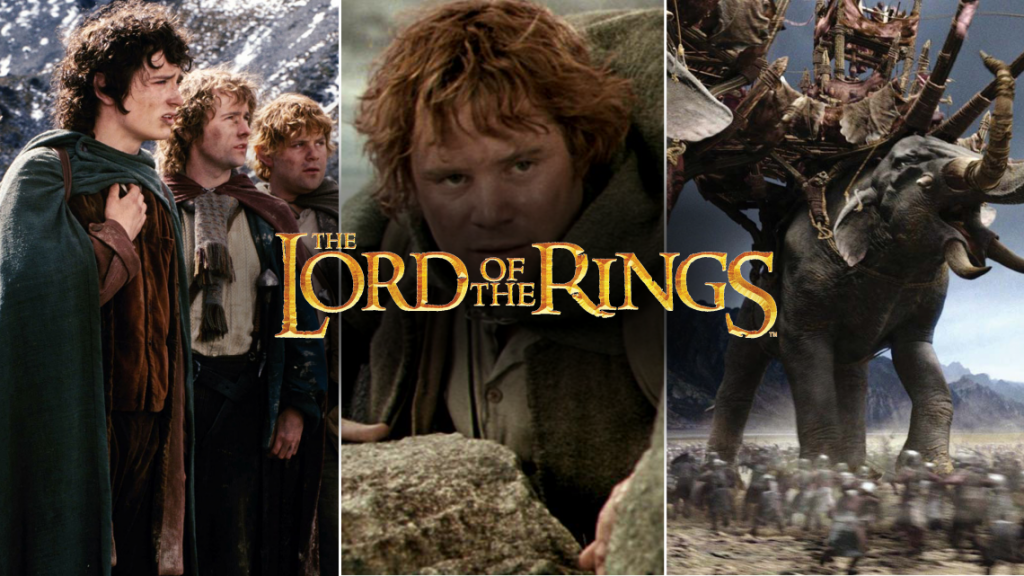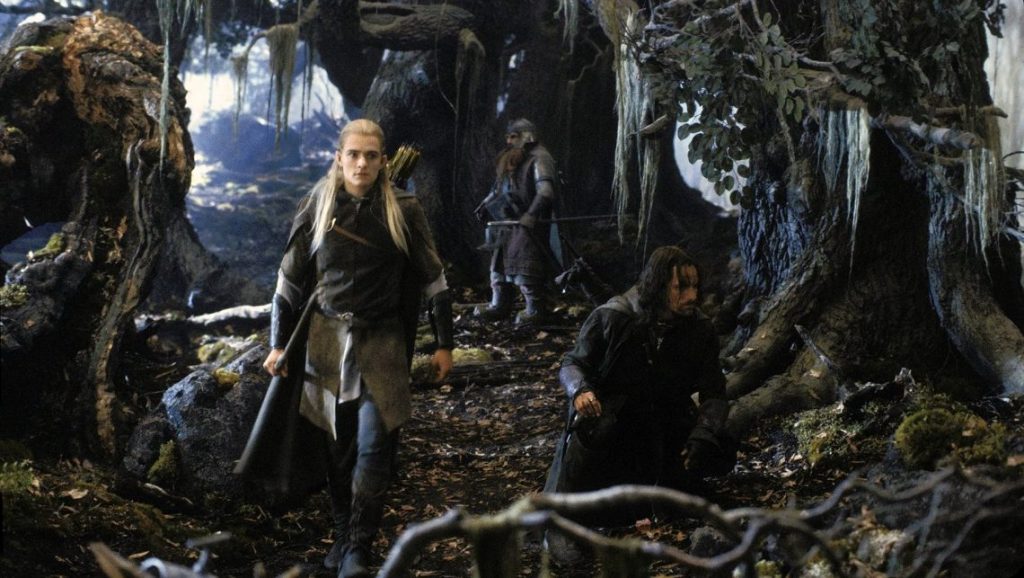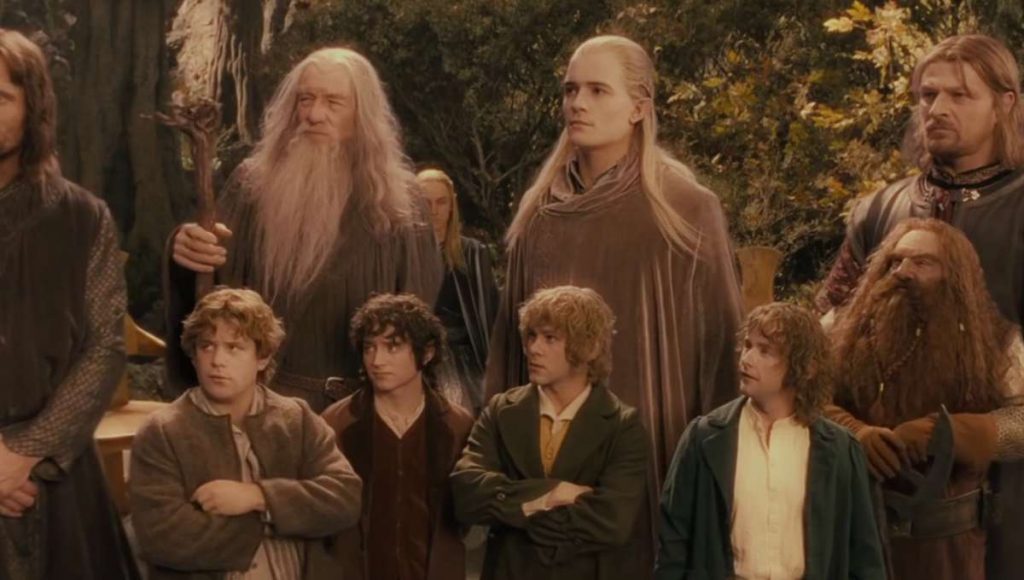
Nearly twenty years since the first theatrical debut of director Peter Jackson’s The Lord of the Rings: The Fellowship of the Ring, it is still miraculous that Tolkien’s globe-trotting, fantastical odyssey has held up so well over the years. Not to detract anything from the late author’s literary prowess on display in the trilogy he penned, but any narrative that persists and dominates the literary and cinematic landscapes for so long is surely expected to begin facing disinterest amongst the newer generations of entertainment consumerism. The Lord of the Rings did not suffer from that in 2001, and it certainly does not now in 2020. From the lush and rolling hills of the Shire to the looming, horrific trenches of Mordor, it is time to revisit the story that will define the twenty-first century’s cinema; it is time to revisit The Lord of the Rings.
When beginning this piece, it required a deliberate action on my part to consolidate my overwhelming thoughts about Tolkien’s trilogy, so overwhelming that for the purposes of this piece, I will only be discussing Peter Jackson’s film trilogy which adapted the British author’s books. In recent years, the film industry has slowly but surely drifted away from the adaptation of grand literary fiction, for reasons not entirely unsound. Firstly, the numerous mediocre adaptations of middle-grade and YA fiction has left a sour aftertaste in the studios’ and the audiences’ mouths. Whilst franchises like The Hunger Games were able to circumvent the distaste for the YA genre by being one of the earliest series in the genre, other adaptations like The Divergent Series never quite landed with fans and critics alike.
The Lord of the Rings is like Lionsgate’s trilogy based on Suzanne Collins’ dystopian YA series in that it launched before the crumbling of film adaptations of popular literature. At the beginning of the twenty-first century, these three fantasy epics struck a chord with all its viewers, even nabbing the hard-earned attention and favor of the meticulous Academy at the annual Oscars ceremony. To this day, 2003’s The Lord of the Rings: The Return of the King is the only film in cinematic history to ever win every single category it was nominated for at the Oscars in a total of eleven craft and technical categories.

That is not to say that the sole reason for the success of The Lord of the Rings is its prime release date; that would surely be an offense to Peter Jackson and company. Indeed, if the trilogy had not released at the turn of the century and instead was being released in 2020, the overwhelming critical acclaim and praise would likely have remained intact thanks to the masterful craft and spectacle on display. However, it is a worthy discussion to have regarding whether the trilogy could even be made in 2020. Yes, Warner Bros. is hoping to capture lightning again with Denis Villeneuve’s Dune, scheduled to hit theaters this holiday, but the massive investment the LA-based studio is making is slightly alleviated by the star power of lead actor Timothee Chalamet and Villeneuve’s experience (Blade Runner 2049 and Arrival) with creating large-scaled cinematic epics. The Lord of the Rings is what transformed many of its stars into the household names they are today, from Orlando Bloom as the brazen elf warrior Legolas to Sean Astin as the impeccable Samwise Gamgee. These actors were not necessarily the colossal stars of that time as Dune’s Timothee Chalamet, Zendaya, Rebecca Ferguson, and Oscar Isaac are. Dune already has its star-studded cast made; The Lord of the Rings had to make their cast stars.

With this argument among others, it is a reasonable conclusion that The Lord of the Rings was a decisive risk for all parties involved, most especially New Line. The fact that it somehow paid off is a testament to the legendary filmmaking that propelled each film to the top of the most anticipated releases of each year. In fact, the success of The Lord of the Rings was so massive that it even propelled future films set in Middle-Earth to nearly a billion dollars at the worldwide box office. As merely an industry analyst, it may not be my place to reflect on Jackson’s sweeping fantasy trilogy set in J.R.R. Tolkien’s highly regarded fictional world. It may not be my place to revisit the delicate virtues that compose the rich fabric that binds the films together. However, as an industry analyst, I can confidently say that The Lord of the Rings is a cornerstone of the industry. From Hobbits to Sauron, The Lord of the Rings has forged a legacy, one that may never be replicated again.



